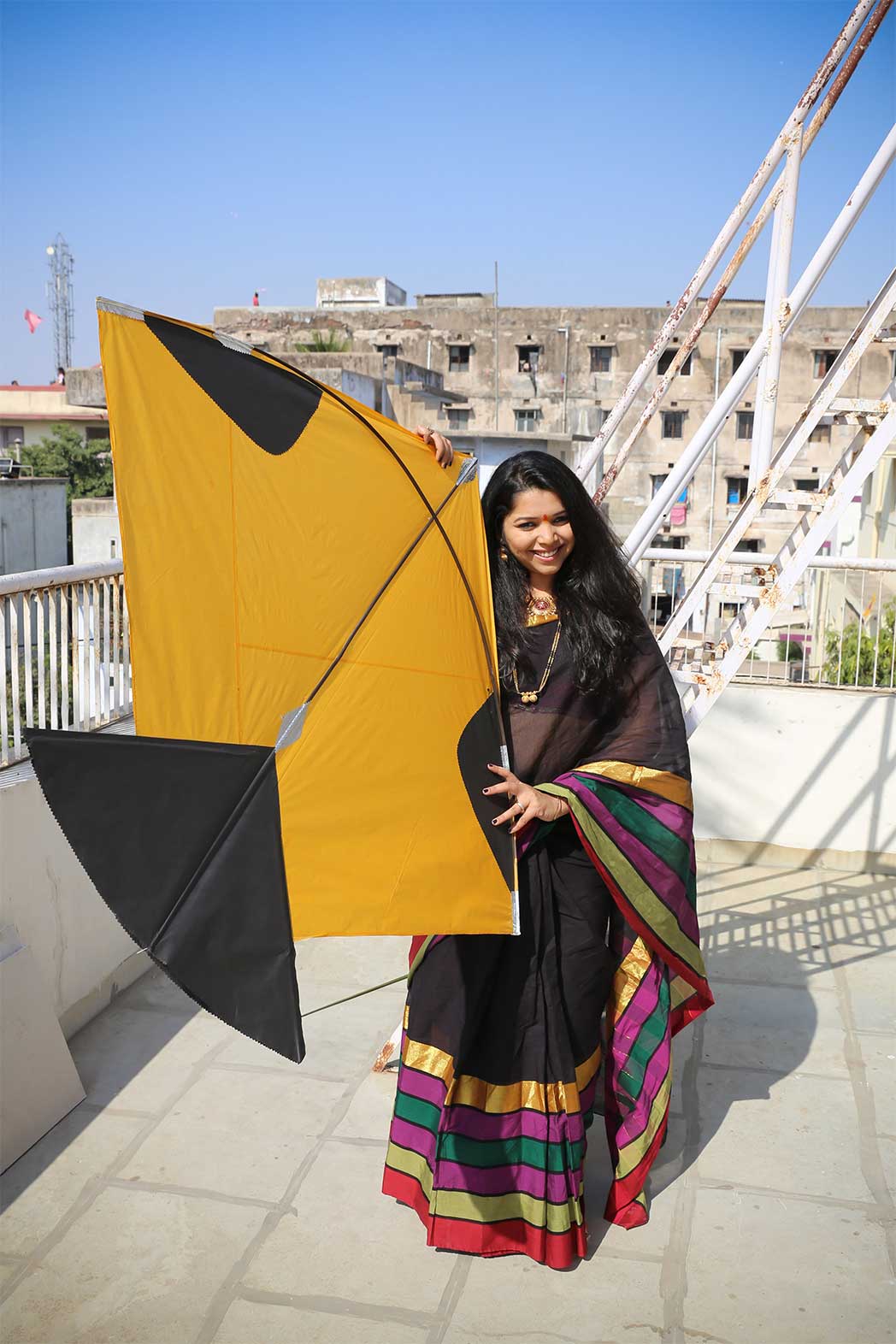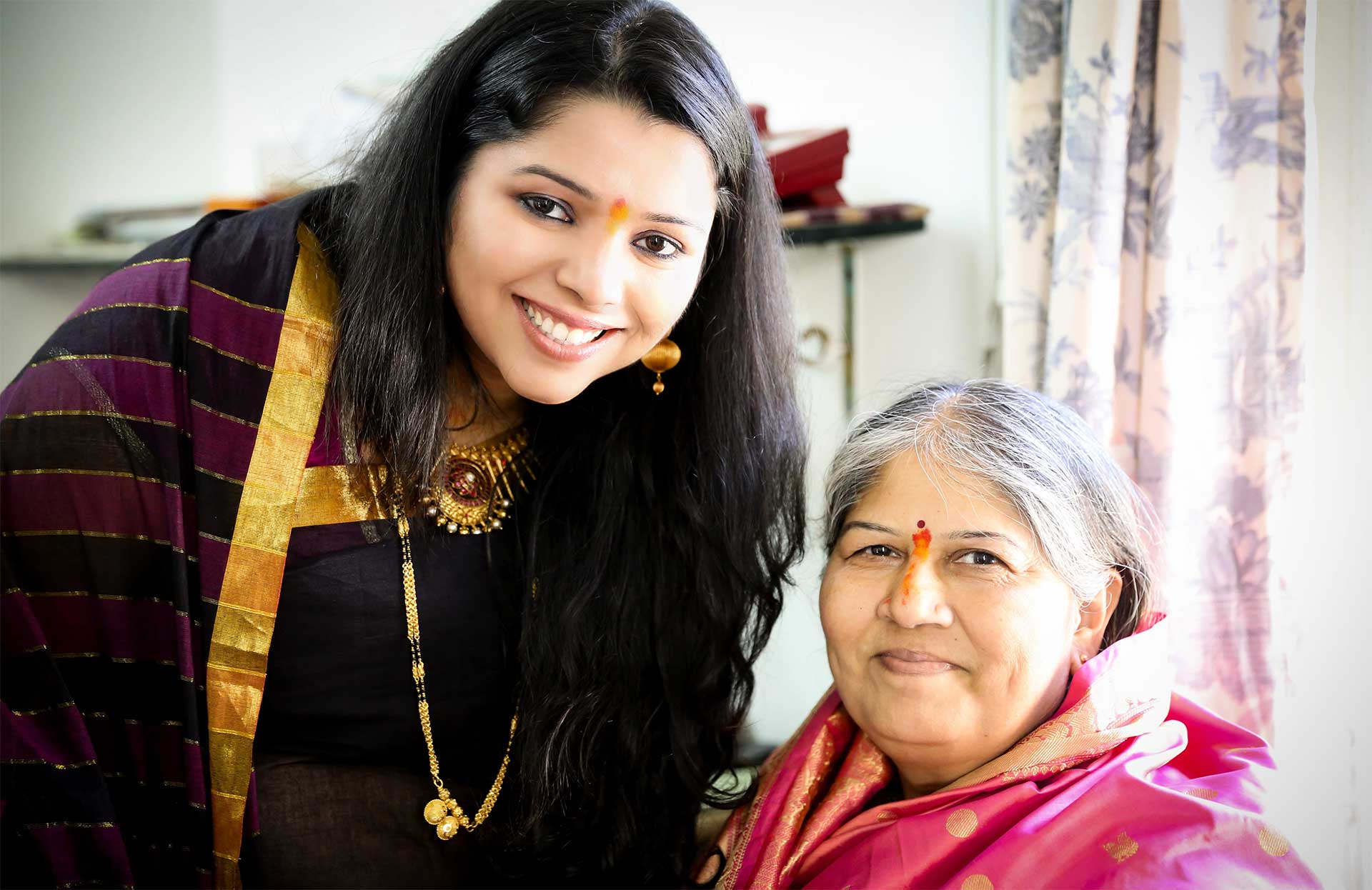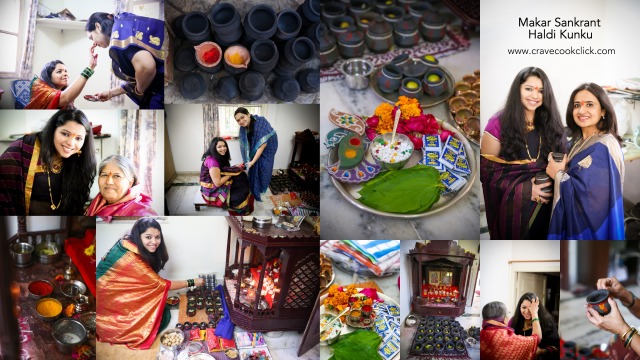
Makar Sankranti Haldi Kunku
Haldi Kumkum, or the Haldi Kumkum ceremony, is a social gathering in India in which married women exchange haldi (turmeric) and kumkum (vermilion powder), as a symbol of their married status and wishing for their husbands’ long lives. I visit Vadodara every year to celebrate Makar Sankrant and Haldi Kumkum

The ceremony is particularly popular in the western Indian states of Maharashtra, Gujarat, Rajasthan and Goa. Married women invite friends, relatives and new acquaintances to meet in an atmosphere of merriment and fun. On such occasions, the hostess distributes bangles, sweets, small novelties, flowers, betel leaves and nuts as well as coconuts.
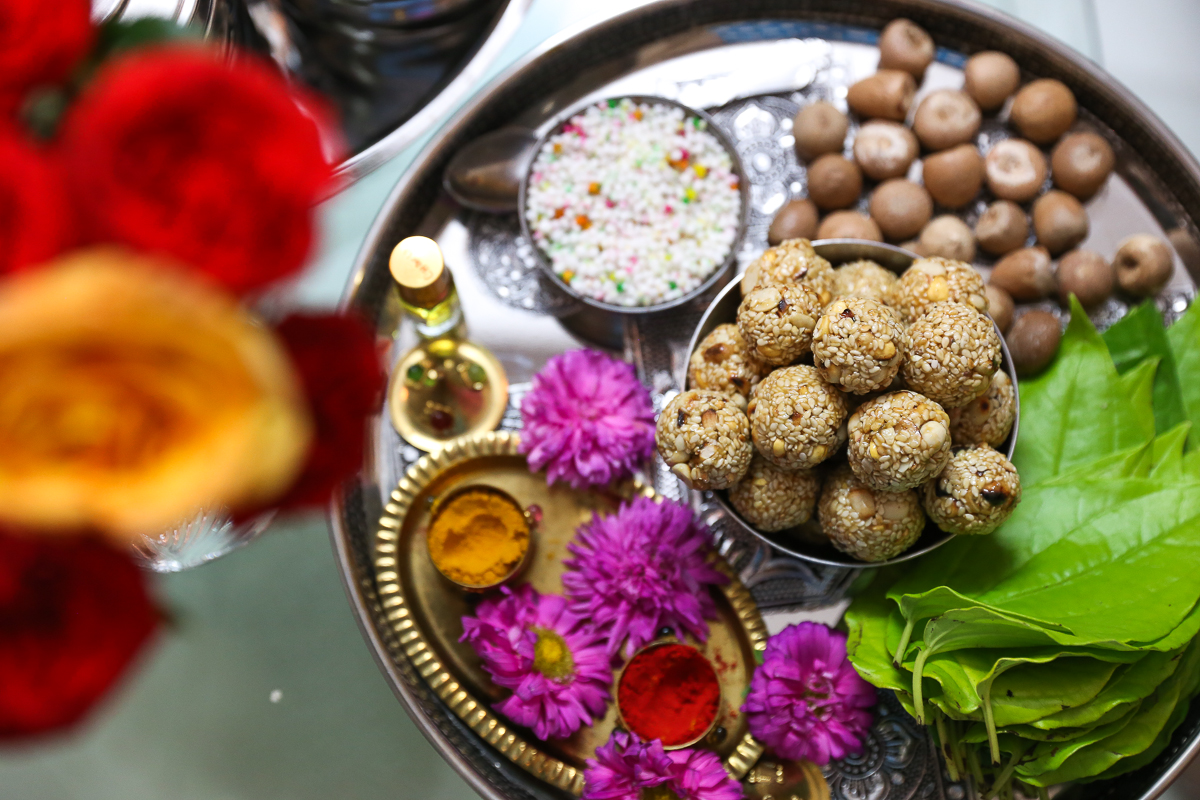

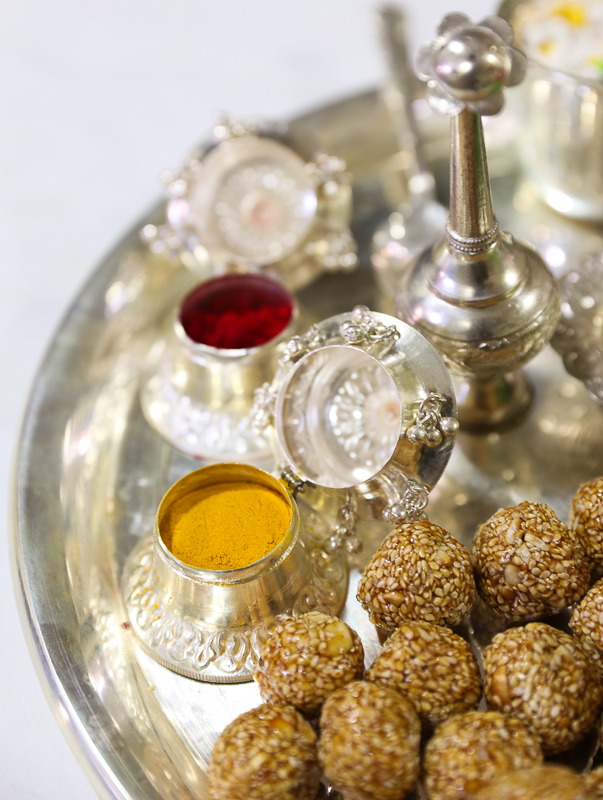

Here are some pics from my haldi kumkum celebrations and also some info about the ceremony
I visited Khanderao market in Vadodara to get the goodies required for the festival.







Wearing black is a tradition so I wore a black saree which i bought recently from Cochin and teamed it up with temple jewellery from Joy Allukas. Applying henna, wearing green bangles (known as chuda), nath (maharashtrian nose ring), etc are also part of celebrations




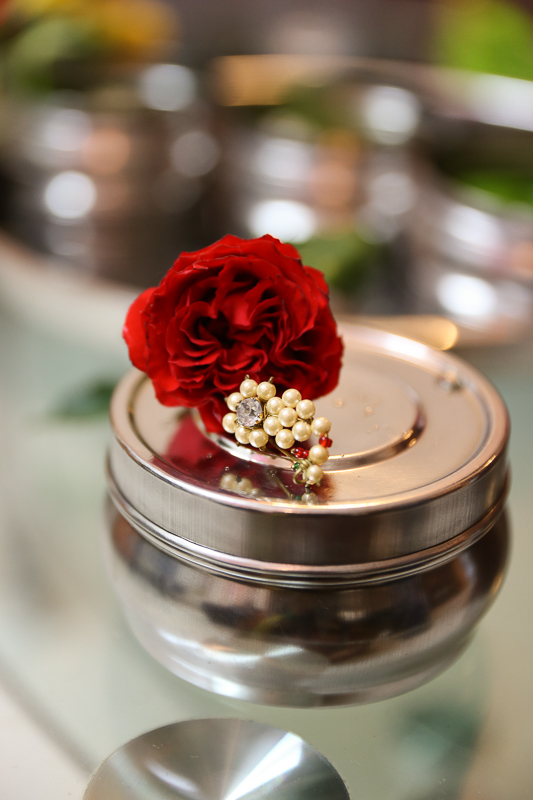
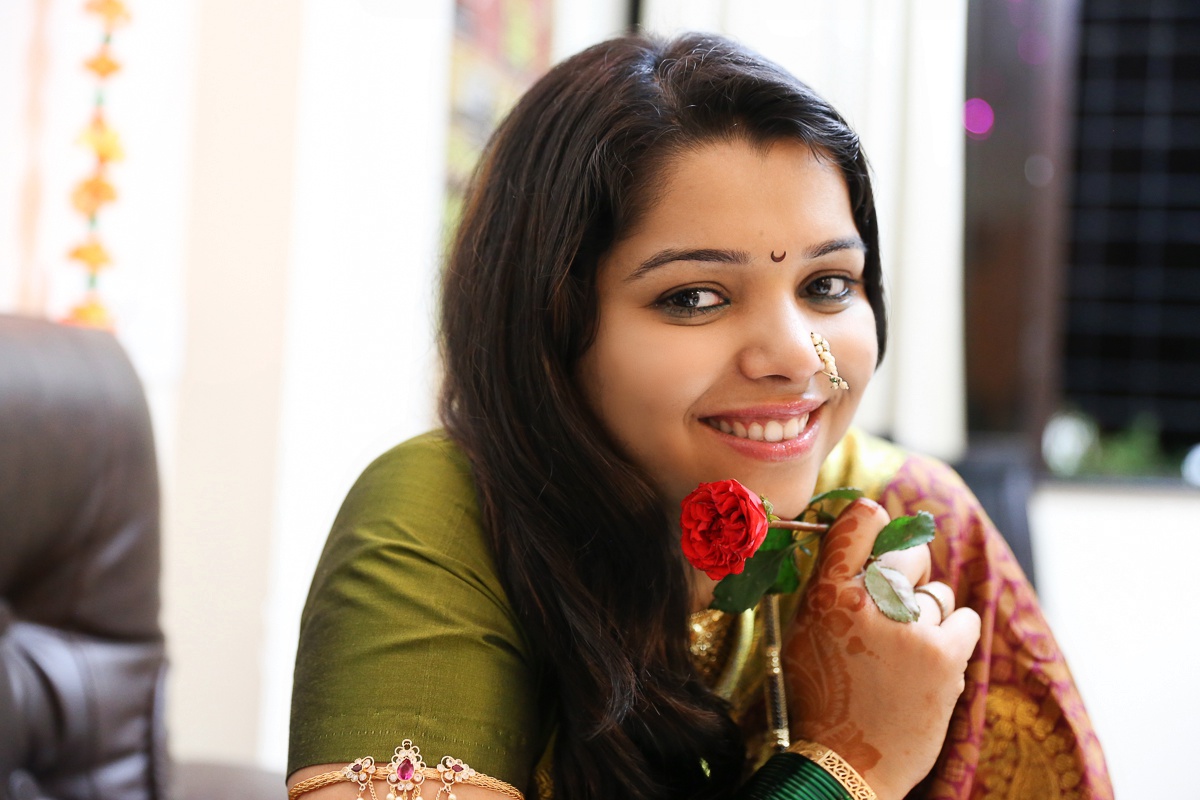

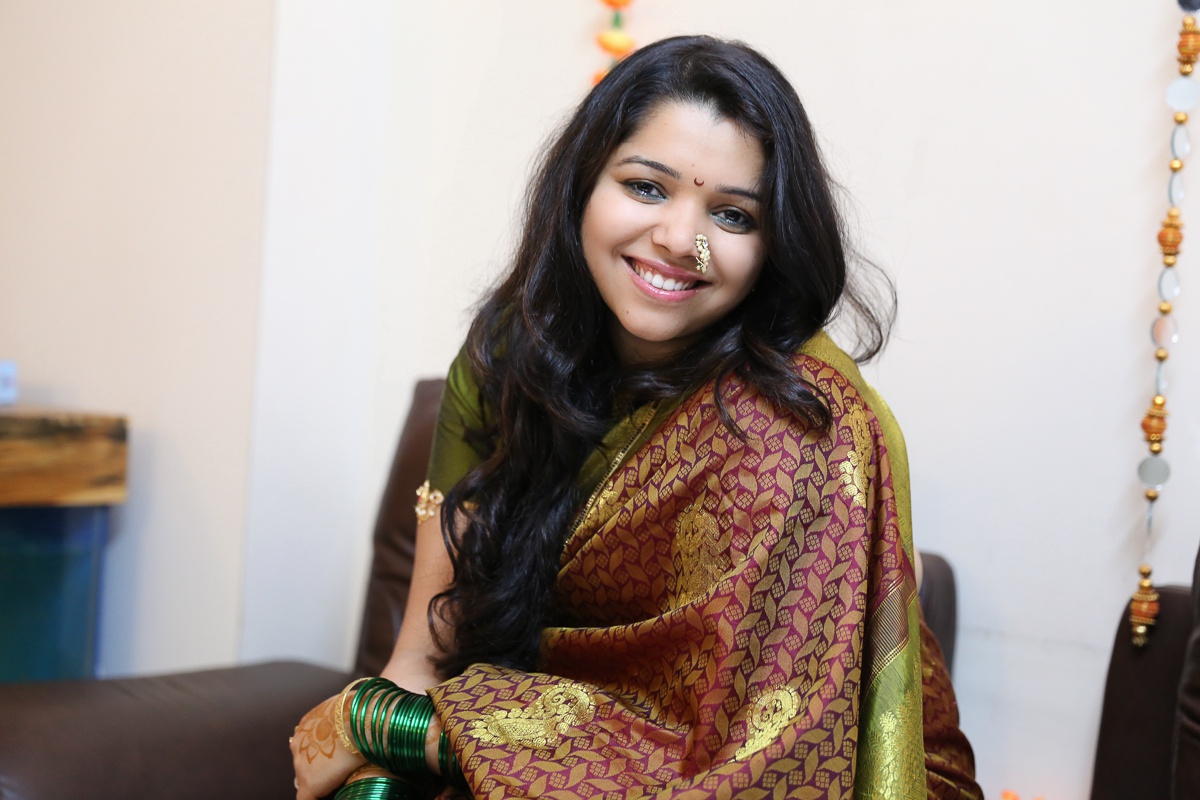
The festival of Makar sankranti requires small mud pots called sugad (in Marathi language). Vermilion and turmeric powder is applied to the pots and a thread is tied to them. They are filled with carrots, jujube fruits, sugarcane pieces, pods, cotton, chickpeas, sesame seeds with jaggery, vermilion, turmeric etc. Five pots are placed on a wooden seat, rangoli is drawn around the seat and worshipped. Of these, three are gifted to married women, one is offered to the Tulsi plant and one is retained.’




Giving a gift to another woman amounts to surrendering to the Divinity in the other, through body, mind and wealth. Since the period of Makar sankranti is favourable for spiritual practice, a gift given during this period results in bestowal of Divine grace and the individual gets the desired fruit.


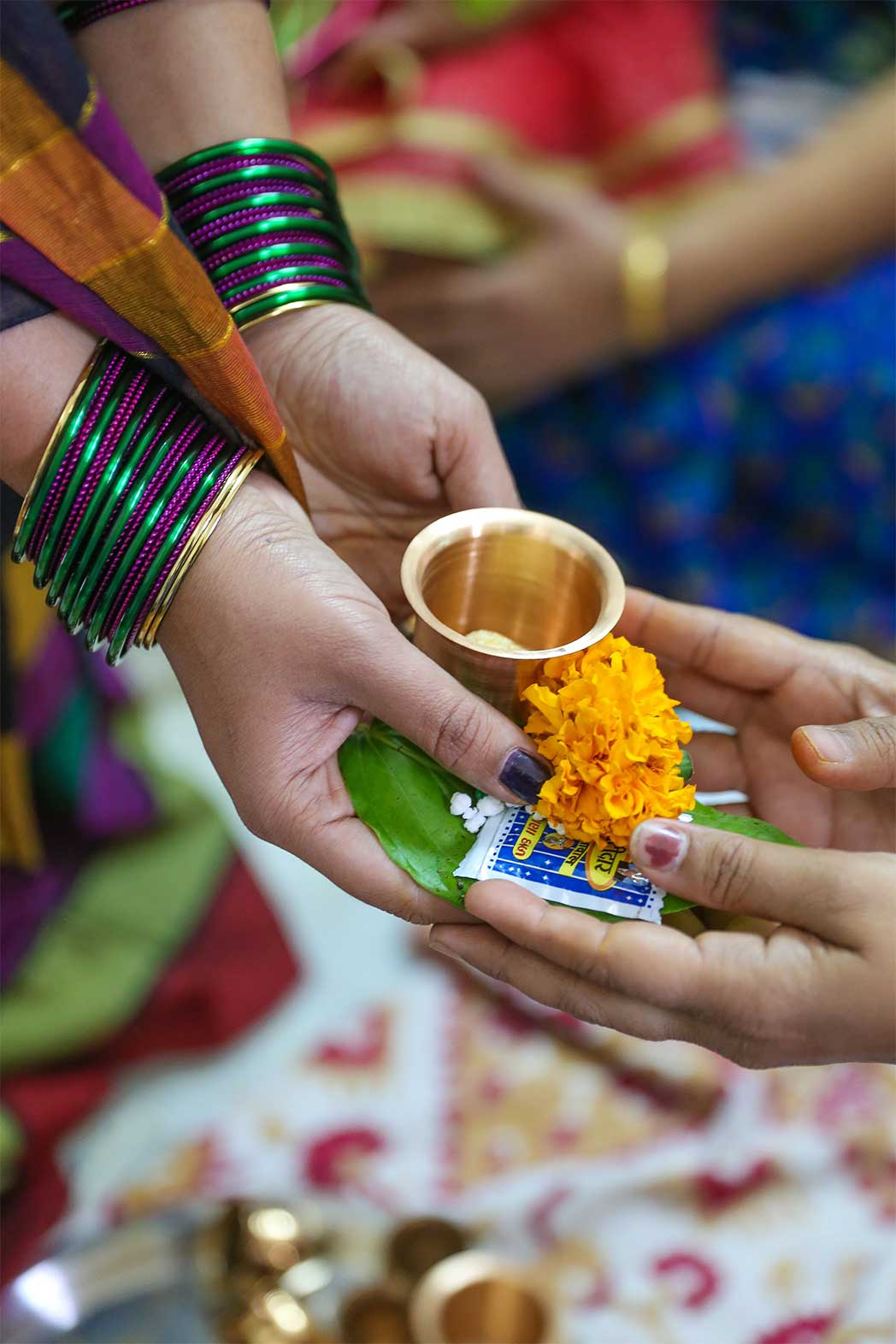
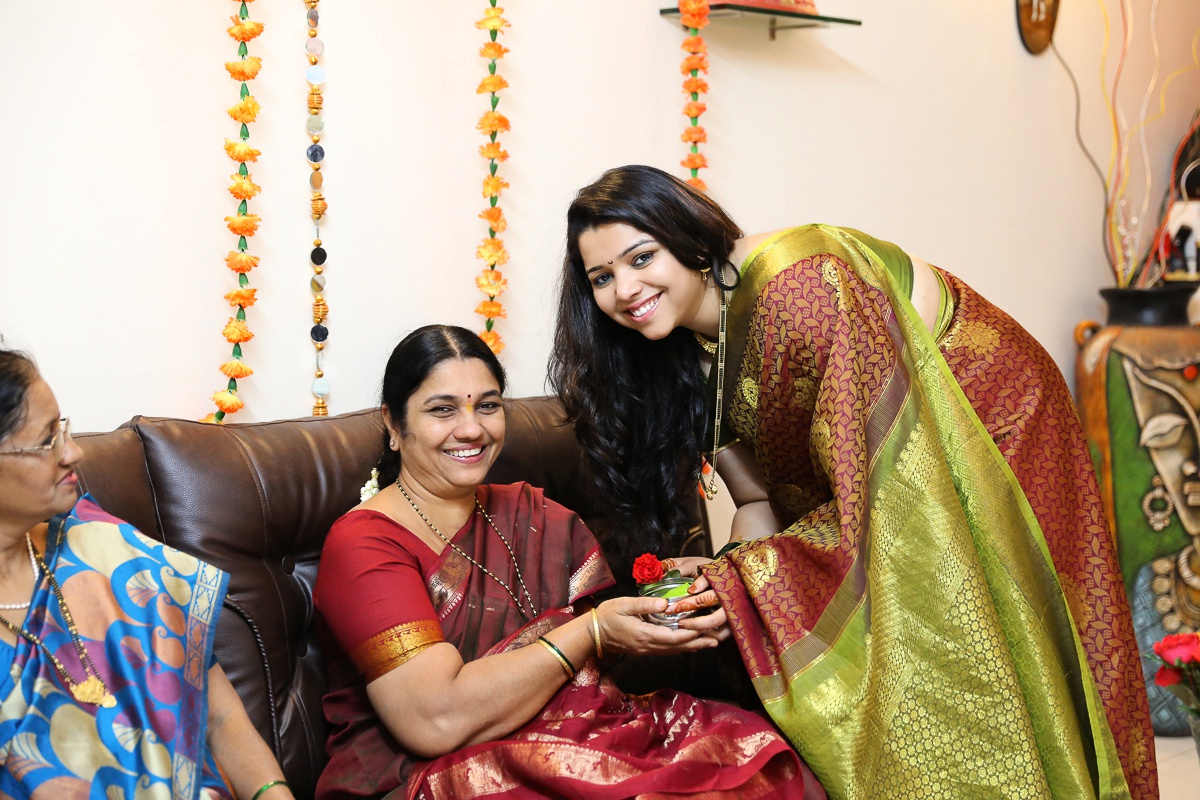


Maximum use of sesame seeds is made during Makar sankranti festival. For example, bathing with water containing sesame seeds and eating and distributing tilgul (a sweet made from sesame seeds), offering sesame to Brahmans, lighting lamps of sesame oil in a temple of Deity Shiva and performing pitrushraddh (rite for the departed ancestors) in which an offering of sesame seeds is made.


